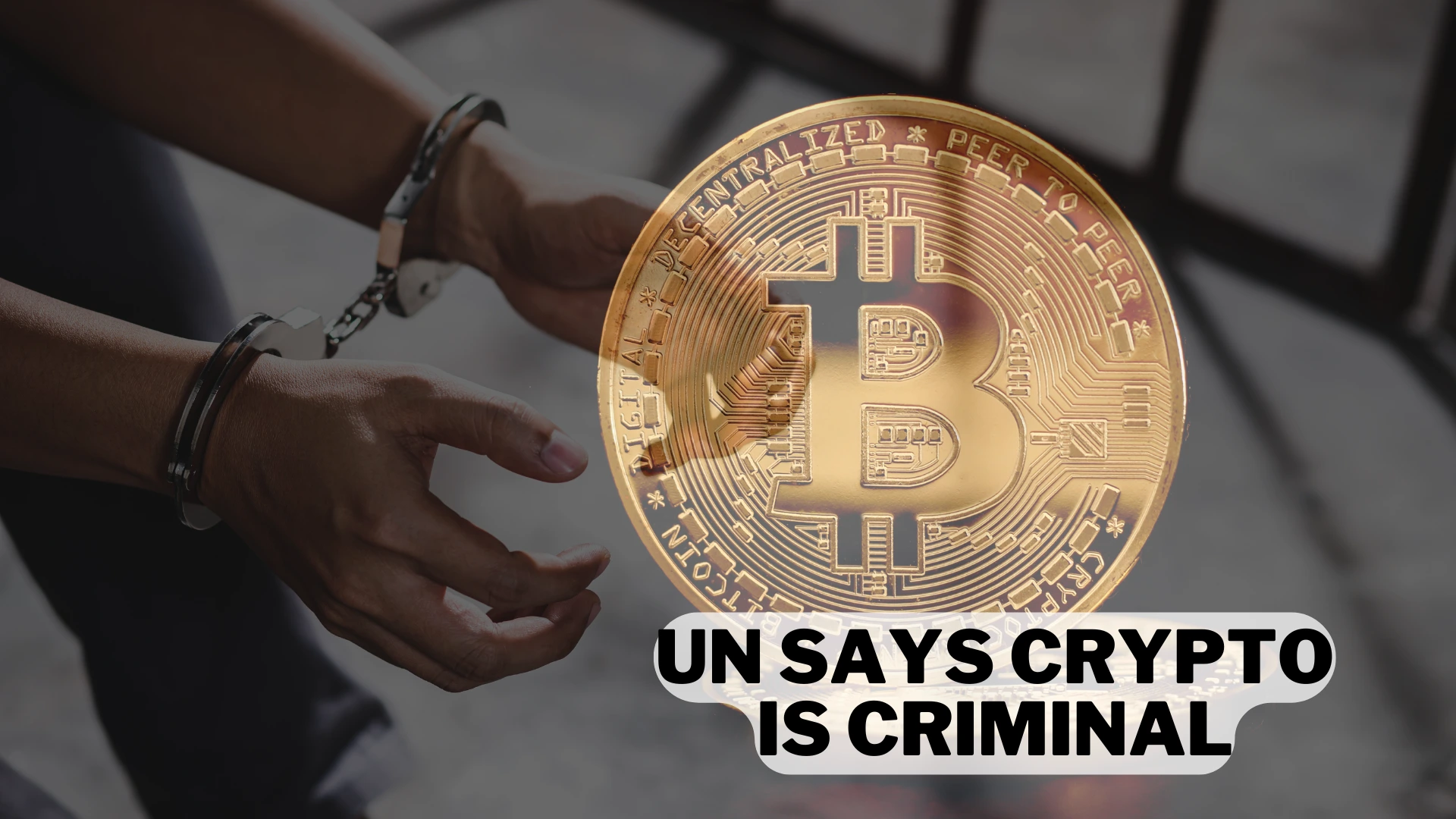A recent United Nations report has raised serious concerns about the rapid increase in cryptocurrency-related crimes across Southeast Asia, estimating financial losses of between $18 billion and $37 billion in 2023 alone.
The report, released by the United Nations Office on Drugs and Crime (UNODC), reveals that criminal organizations are increasingly exploiting digital currencies and emerging technologies to perpetrate large-scale fraud, money laundering, and other illegal activities that are becoming harder for authorities to detect.
Criminal Use of Cryptocurrencies: A Growing Threat
According to the UNODC, organized crime groups are taking advantage of the weaknesses in cryptocurrency regulations, leveraging digital assets to move illicit funds across borders with minimal oversight.
Masood Karimipour, the UNODC Regional Representative for Southeast Asia and the Pacific, warned that the pace at which these crimes are evolving is outstripping the ability of governments to effectively respond.
“Organized crime groups are exploiting vulnerabilities, and the situation is evolving at a pace that is outrunning the governments’ capacity to contain it,” he said.
This lack of regulation, combined with the decentralized nature of cryptocurrencies, provides criminals with opportunities to operate with relative anonymity, allowing them to bypass traditional financial systems and scrutiny.
As a result, Southeast Asia has become a hotspot for crypto-related criminal activities, ranging from fraud and money laundering to more sophisticated cybercrimes.
Exploiting Online Gambling Platforms and Virtual Assets
One of the key findings in the report is the widespread use of weakly regulated online gambling platforms and unauthorized virtual asset services by criminal organizations.
These platforms serve as gateways for illicit money transfers, allowing criminals to shuttle large sums across borders with little traceability.
According to the report, these platforms are frequently used to launder money, with criminals integrating the proceeds from illegal activities into legitimate economies by funneling them through these services. The lack of stringent oversight on these platforms makes them prime targets for criminal exploitation.
Moreover, online casino operators, especially those operating in border areas, special economic zones, and casino compounds, are involved in crypto-based money laundering schemes.
These operators, shielded by the relative isolation and weak regulatory frameworks in these areas, conduct their operations with little fear of detection.
The Rise of AI and Deepfakes in Crypto-Related Crimes
One of the most alarming trends identified in the report is the increasing use of artificial intelligence (AI) and deepfake technology by criminal groups in Southeast Asia.
During the first half of 2024, generative AI was employed to create highly convincing deepfake videos and images, which were then used to facilitate fraud and other cybercrimes.
These AI-generated deepfakes have made it significantly harder for victims and law enforcement to identify scams.
John Wojcik, a UNODC Regional Analyst, emphasized the scale of the problem, stating that “These developments have expanded the scope and efficiency of cyber-enabled fraud and cybercrime.”
Criminals are now able to carry out more elaborate and effective scams, making it increasingly difficult for law enforcement to keep pace with these sophisticated schemes.
The Complex Web of Cybercrime in Southeast Asia
The UNODC report sheds light on how criminal groups are diversifying their operations in Southeast Asia, integrating crypto-related crimes into their broader illegal activities.
In addition to online gambling and money laundering, cybercriminals are involved in identity theft, financial fraud, and ransomware attacks, often using cryptocurrencies as a method of payment or transfer to evade authorities.
The rise of cryptocurrency crimes has added a new dimension to the cybercrime landscape in Southeast Asia.
The decentralized nature of blockchain technology, while a boon for legitimate users seeking privacy and freedom, has become a double-edged sword, enabling criminals to conduct their activities with greater impunity.
Government Response: A Struggle to Keep Up
The rapid evolution of cryptocurrency technology and its adoption by criminal networks have left many governments struggling to keep up.
Despite efforts to increase regulatory oversight and crack down on illegal activities, the sheer speed at which these crimes are growing presents a major challenge.
The UNODC report calls for stronger international cooperation and the development of more robust regulatory frameworks to tackle the issue.
The report also suggests that governments must enhance their technological capabilities to detect and combat the growing use of cryptocurrencies in criminal activities.
Without swift action, the scale of crypto-related crimes could continue to escalate, posing a serious threat to regional stability and economic security.
Conclusion
The United Nations’ latest report serves as a stark reminder of the dangers posed by the misuse of cryptocurrencies and other emerging technologies by organized crime groups.
As the criminal exploitation of digital currencies becomes more sophisticated, it is clear that governments and international organizations will need to take decisive action to strengthen regulatory frameworks and law enforcement capabilities.
With financial losses already estimated in the billions, Southeast Asia’s vulnerability to cryptocurrency-related crimes is a growing concern.
The use of weakly regulated platforms, the rise of AI-enabled scams, and the ability of criminals to exploit decentralized financial systems all point to an urgent need for better oversight, coordination, and technological investment.
If left unchecked, the criminal use of cryptocurrencies could have far-reaching implications, not only for Southeast Asia but for the global economy as a whole. The UN’s report makes it clear: the time to act is now.
